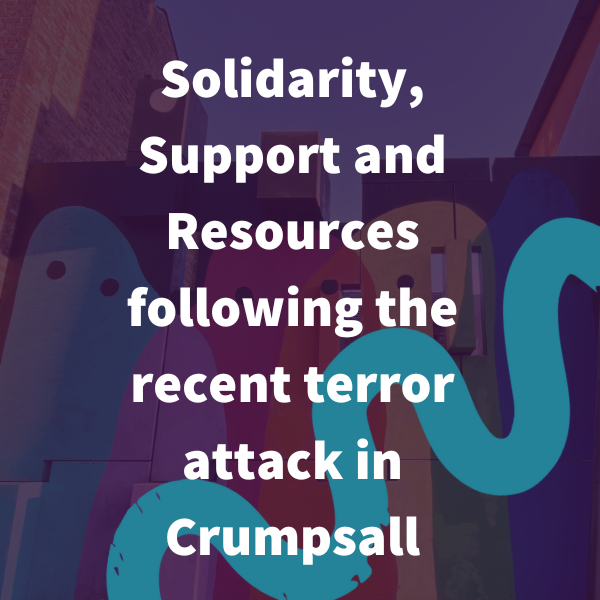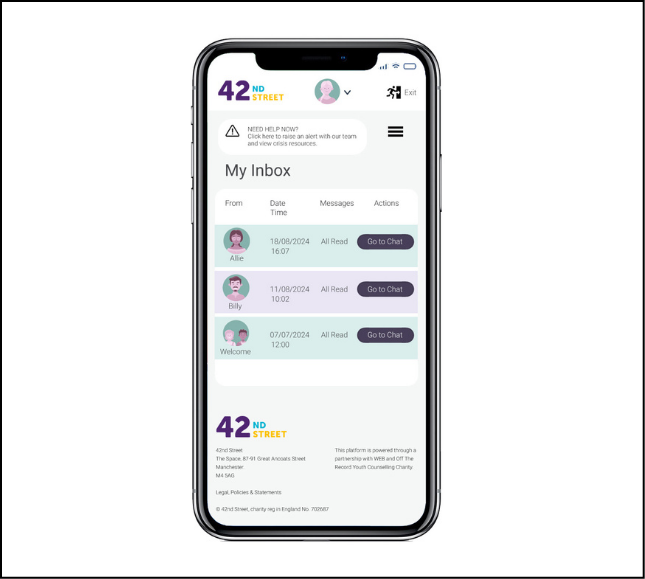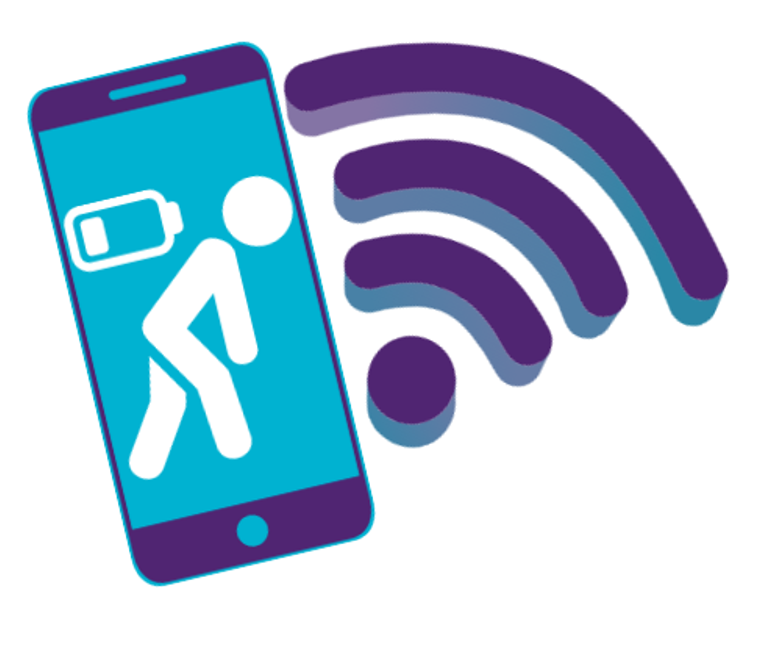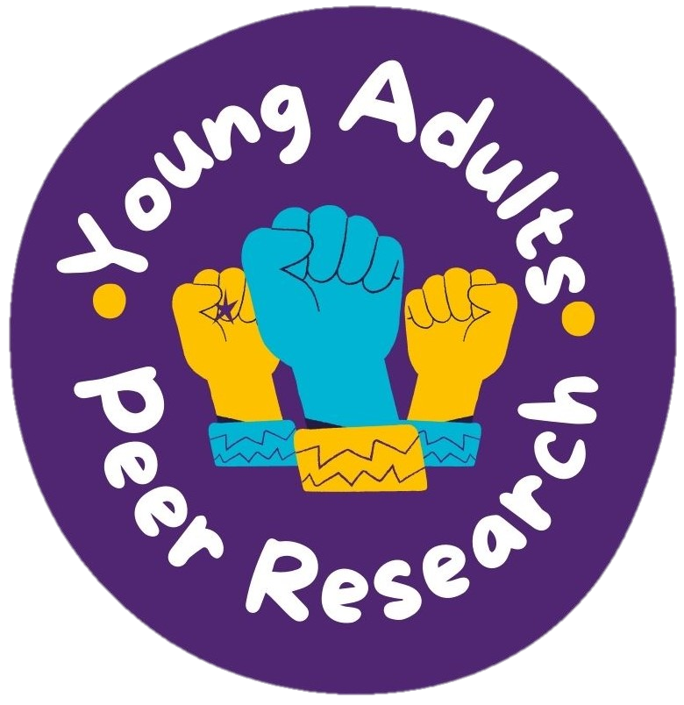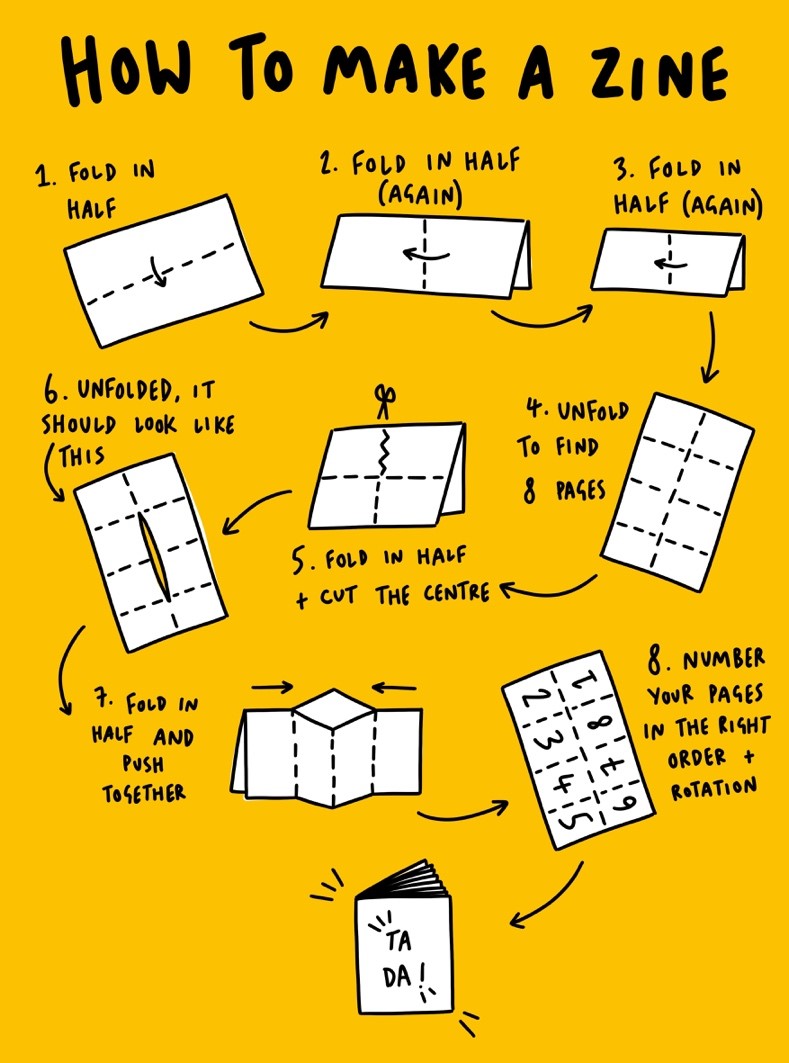Returning to work after a year on furlough
Reading time: 6-8 minutes
I’d been on furlough for almost a year when my manager asked me to start working again. I felt an instant pit of anxiety in my stomach. Was I going to remember how to do my job? What if everything I knew had changed? In the weeks that followed, I started to worry more and more.
I felt like I couldn’t talk to people about my worries – not honestly, anyway. “At least you have a job” or “It’ll be good to be working normally again” were responses I’d heard more than once. I didn’t want to seem ungrateful, so when people asked me how I was feeling about it all, my typical response was “Yeah, it’ll be fine”. This probably led to me putting way too much pressure on myself to actually be ‘fine’!
Now that my first week is over, I can look back at the not-so-great parts and think about what I can do to look after my mental health going forward – something that all of us can forget during stressful times. Hopefully someone reading this will be able to take away some of the lessons that I learnt myself during those first few days, even if their experiences aren’t exactly the same as mine.
Accepting that remote working is the new norm for many of us.
I quickly realised that working from home won’t always be easy. From logging in and discovering that most of my passwords had expired to experiencing the usual technical issues, things are just a bit more difficult when you’re not in the office! Perhaps worst of all was hearing the panic-inducing trill of an unscheduled Teams call at 9 in the morning – not fun.
With that said, I’m determined to embrace this new ‘normal’ over the next few weeks. Technical difficulties are going to happen and lots of us will have to endure cringe-worthy video calls. I’m sure that I’ll get used to these things and my colleagues will probably be able to relate!
Things have changed - imposter syndrome is expected.
On my first day back at work, my manager told me that there’d been a few changes within the business. Although this is exciting, it’s really daunting too.
As a result, my imposter syndrome kicked in full force. Even though I’ve technically been working at the organisation longer than most of my colleagues now, it felt like I had no clue what was going on. I tried to resolve some of my confusion by making a spreadsheet of everything that needs completing over the next few months. It ended up being a big table, and no amount of colour-coding was making it look any less intimidating.
It also turns out that I barely know anyone in the business anymore. To begin with, I didn’t recognise anyone’s name, let alone know which department they worked in. They all arrived during the time I was on furlough! Things would be easier if I could meet people in person, and I’m trying to stay optimistic that this will happen in the next few months.
I’m sure I’ll be reminding myself over the coming weeks that it’s okay to feel like the odd one out right now, because everyone does at some stage or another! So many things have changed and it’ll take a while for me to adjust, but that doesn’t mean that I’m not where I’m meant to be.
Don’t put pressure on yourself to exceed expectations.
I often convince myself that I need to finish unrealistic amounts of work to an impeccably high standard. Why? Because I want to live up to expectations. For me, the pressure of doing a good job seems to have intensified after being on furlough. This was especially true when I was getting to know all of my new colleagues - I can’t help wanting to please them.
So, when I received some critical feedback for a piece of work that I’d written, I almost had a meltdown. These comments must surely mean that I’m not good enough and that I’ve let people down. After composing myself and acting on the suggestions, the new feedback I received was much more positive.
It made me realise that I need to be less hard on myself – I’ve just got back from almost a year away from work, and the business has changed A LOT. I don’t have to be perfect or go above and beyond all of the time just to impress people. Perfectionism isn’t always a healthy goal!
If you make mistakes or work more slowly than normal, that’s ok!
On my very first day back, I was getting frustrated with how slowly I was working on programs like InDesign and Photoshop. I’d forgotten where all of the tools were and it was even a challenge getting accustomed to my big work laptop (it’s like the computer version of a Nokia brick). When writing, I was quadruple-checking every sentence to make sure that they were absolutely perfect, then getting annoyed at myself for not working quickly enough.
By the end of the week, I think I’d accepted that I wasn’t going to be as efficient as I was pre-Covid. Again, this is to be expected! It’s been a difficult year for everyone and it’s completely reasonable for us to work a bit differently now.
And if people aren’t as understanding as they should be, I hope I can politely tell them that I’m doing my best while still getting back into the swing of things.
Let it be known if something isn’t clear.
If an email or phone call is ambiguous in any way, or if someone hasn’t included the info that you need to get on with your job, tell them. The problem with communicating remotely is that things can be easily misunderstood or misinterpreted. It’s not usually anyone’s fault – it’s just the nature of homeworking!
It took two and a half days before I knew exactly what I was meant to be getting on with, which involved back-and-forth emails, a few phone calls, and stressing myself out. The resources that were sent to me were in three different formats and across several different email threads, adding to my confusion.
If When this happens again in the future, I’m going to take my own advice and write a nicely worded email clearly stating what I’m uncertain about, what questions I need answering, and what additional resources the other person needs to send over. I shouldn’t make things harder for myself by piecing together information that’s been provided in dribs and drabs!
Don’t feel guilty for taking a full hour on your lunch break!
This happened to me every day during my first week. When it was time for my break, I would go outside for a walk and think of nothing but sitting down at my desk again. I wanted to enjoy the fresh air and be present, but the impatience I felt to continue my work would make it unenjoyable.
From now on, I’m going to make a big effort to fully detach myself from work during this hour and just appreciate the time that I’m not staring at a screen. I think that it’ll help with my overall productivity and actually make me more motivated when I sit down to work again!
Set boundaries.
Like so many of us, I’ve been sucked into the idea of ‘hustle’ culture once too often. I sometimes feel like I need to be doing more work than I’m getting paid for (which sounds ridiculous now that I’ve said it!).
Working an extra 45 minutes every day was bringing me no sense of fulfilment. It was just making me tired and grumpy. One day at 5:18pm (12 minutes before I was meant to finish work), I heard the dreaded sound of an email landing in my inbox. Someone was asking me to do a task before the end of the day. This resulted in me frantically clicking and typing away because I REALLY wanted to finish on time. Inevitably, the more I rushed, the more mistakes I made and the slower my laptop seemed to become…
Although there will be times when last-minute tasks are sent my way, I want to get better at setting myself (and others) clear boundaries. I want to log in at 8:45am and log out at 5:30pm. If someone sends me an urgent task to complete at the last minute (one that could have been sent to me hours ago), I’ll tell them that I can do it but they need to give me more notice in the future.
For anyone else who’s struggling with something similar - don’t feel like you need to conform to hustle culture to be worthy in your job! You’ll burn yourself out which is good for no-one – especially you. Try to remember that Covid has drastically changed how we work, so don’t beat yourself up for finding things challenging or working a little differently. Above all, prioritise your mental health – work-life balance is key!
By: Ruby Guyler
Other articles you may be interested in:






